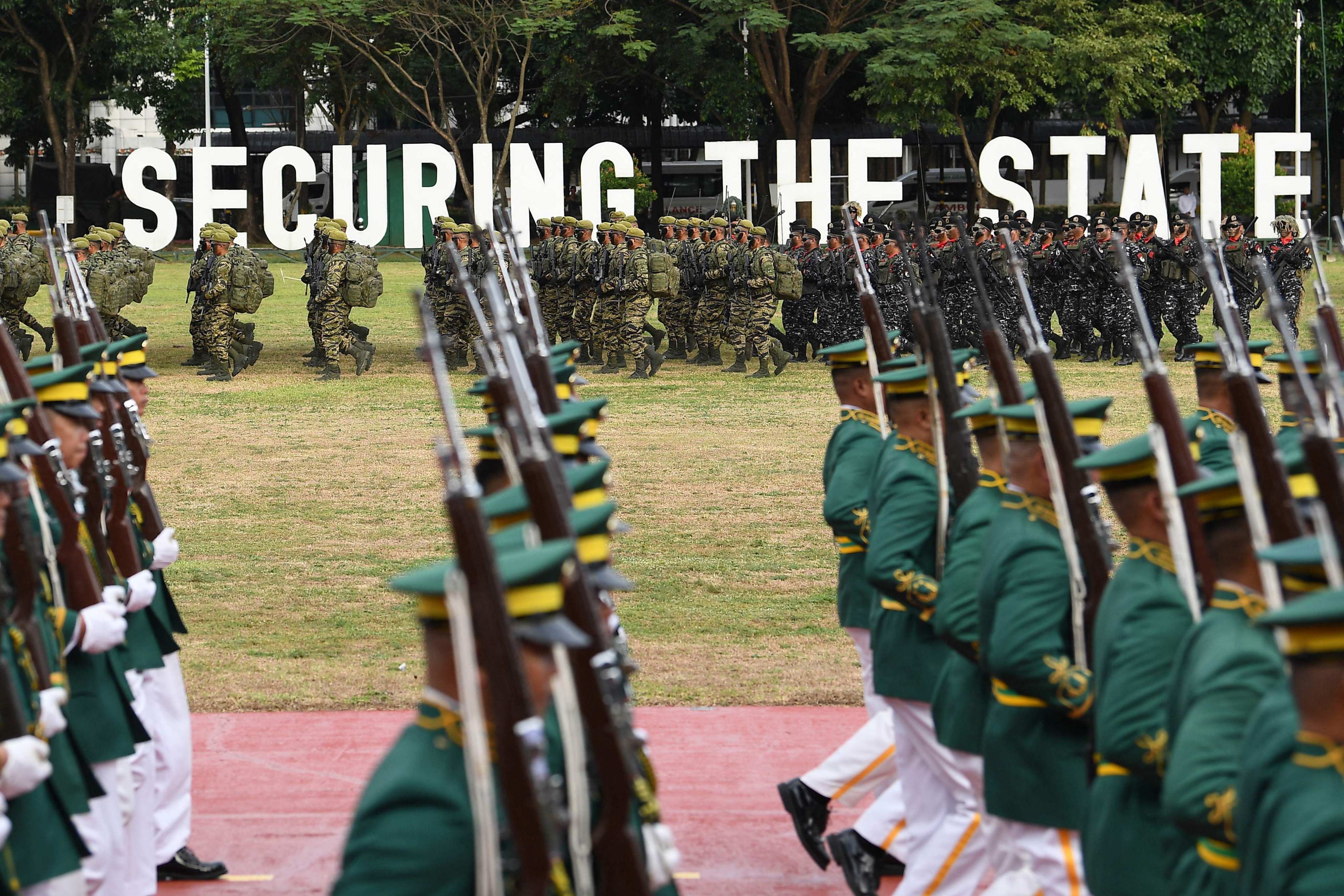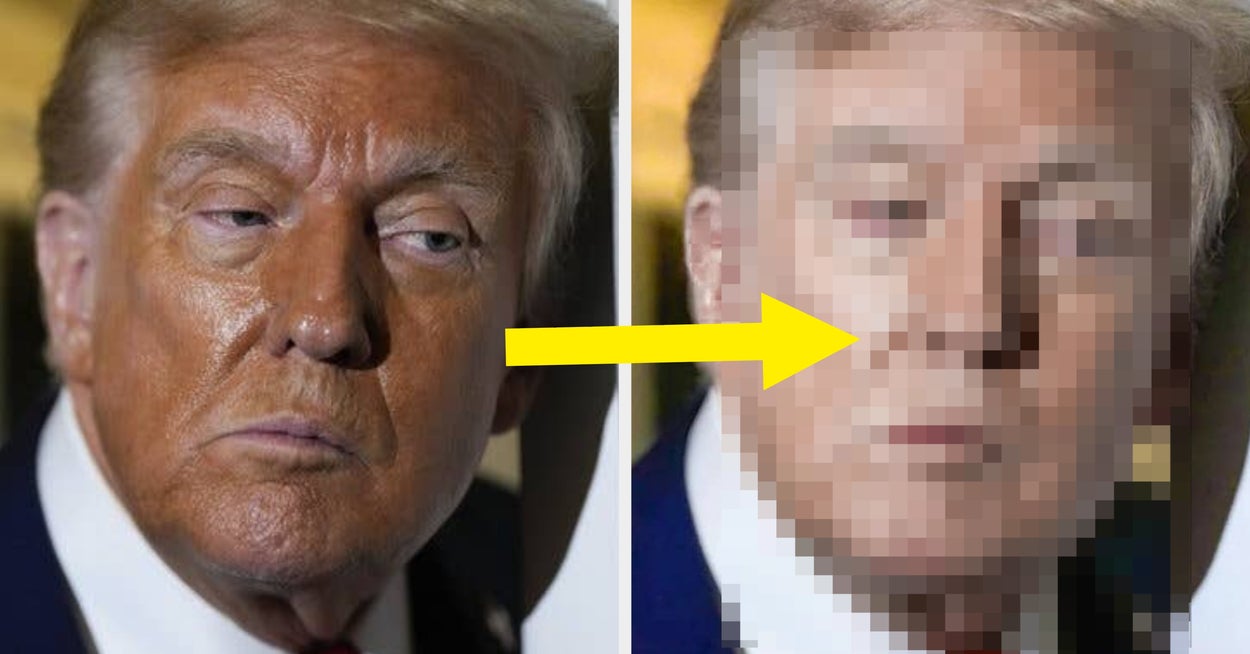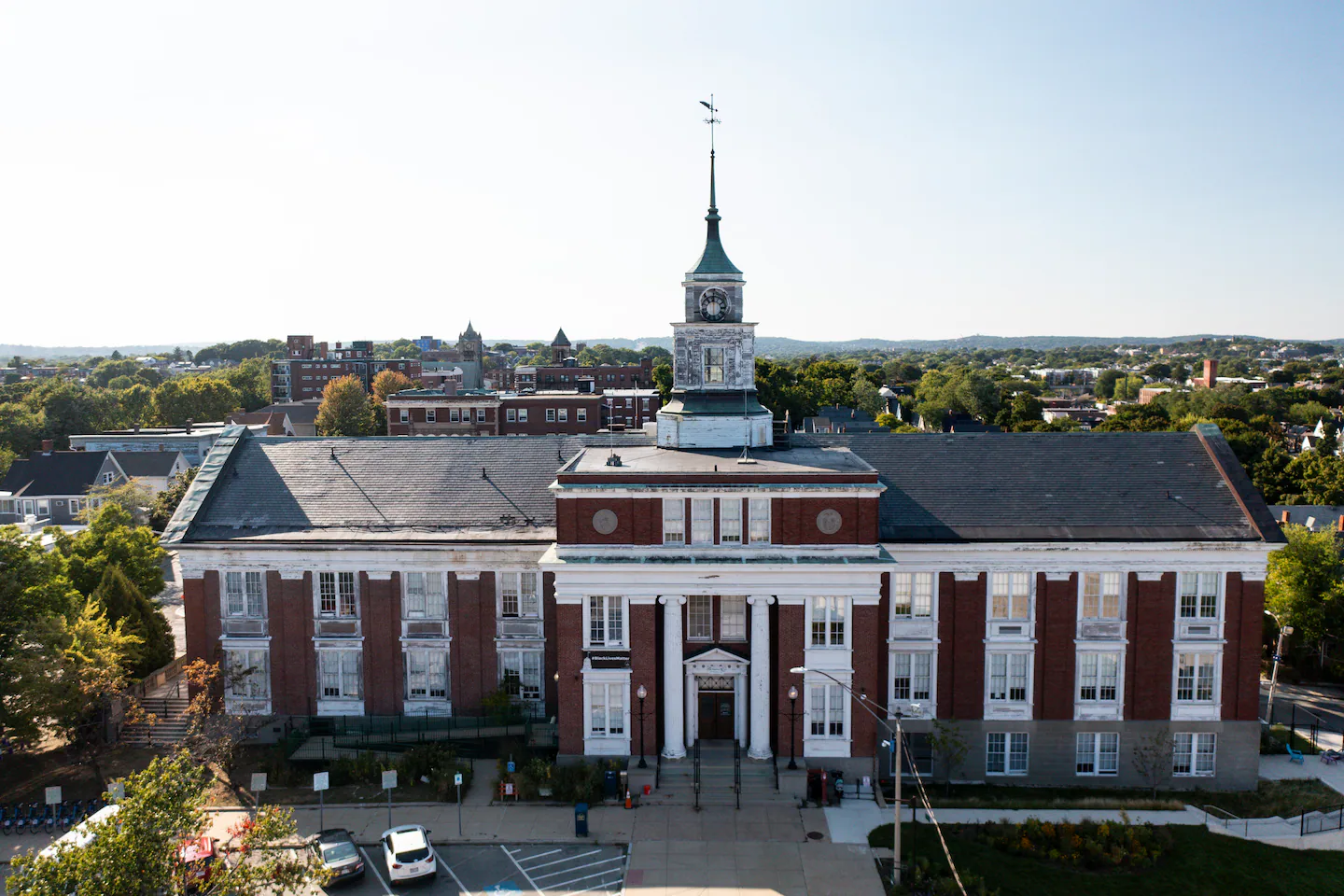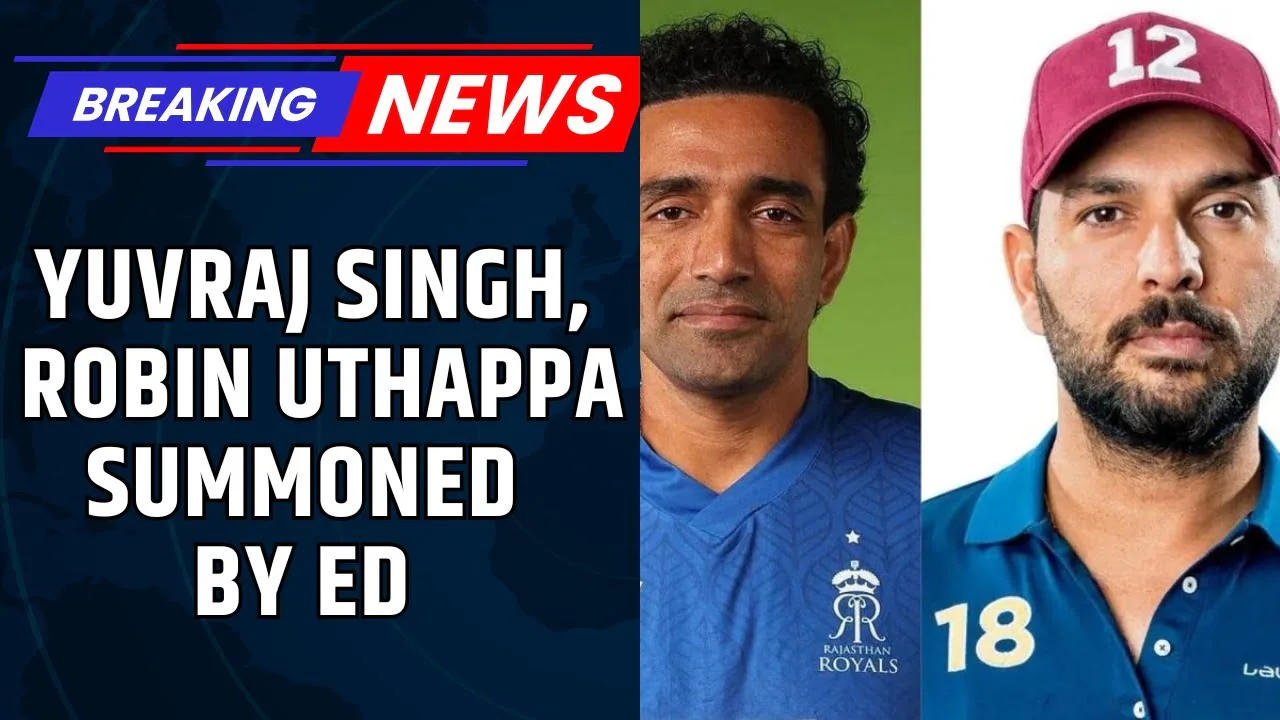By Alan Robles
Copyright scmp

A wave of fake news and conspiracy theories has taken aim at the Philippine military, with viral claims of coup plots, foreign interference and high-level defections spreading rapidly on social media.
Observers warn the campaign is fuelling political instability by exploiting public outrage over recent major corruption scandals. Several trace the effort to a network of loyalists and influencers aligned with former president Rodrigo Duterte, the chief political rival of President Ferdinand Marcos Jnr.
They say the goal appears to be undermining confidence in state institutions while portraying Marcos’ administration as weak and illegitimate.
Among the false claims spreading on social media in recent weeks was that the Philippine military was preparing to launch a coup against Marcos, allegedly with support from the US Central Intelligence Agency (CIA) and a group of retired generals loyal to Duterte.
The military has publicly denied all such stories. But the sheer virality of the posts – shared widely by Duterte-linked influencers – has forced military leaders to push back with repeated clarifications and warnings.
“These attempts to twist facts are designed to erode trust, but the Armed Forces of the Philippines stand firm,” spokeswoman Colonel Francel Margareth Padilla said in a forum on Tuesday.
While rumours of plots against Marcos have circulated before, analysts say this latest online campaign gained traction amid heightened public anger against the government.
Last month, a series of explosive Senate hearings uncovered how billions of pesos were allegedly siphoned from flood control and other infrastructure budgets through inflated contracts, “ghost” projects and kickbacks involving politicians, public works officials and contractors.
The revelations sparked widespread outrage, culminating in mass anti-corruption rallies on September 21 – the same day a viral story falsely claimed the military would oust Marcos and install Vice-President Sara Duterte-Carpio, the daughter of the former president.
Sources told This Week in Asia there may have been a short-lived real-world plan involving a group of retired officers calling on active soldiers to act, while elsewhere in the capital a march on the presidential palace was to unfold. But the alleged plot fizzled out from lack of support, and no significant action took place. Reports of the plan only emerged later, after the disinformation campaign had taken off.
Other false stories that have circulated include claims that enraged retired military officers confronted House Speaker Martin Romualdez – Marcos’ cousin – and demanded his resignation over corruption.
Another alleged that the CIA was backing a power grab by Defence Secretary Gilberto Teodoro, who would lead a junta with military chief General Romeo Brawner Jnr, supposedly to serve as “cannon fodder” in a US-led war against China.
All of it was fiction, yet widely shared online, prompting the military to issue social media advisories, including one warning about multiple fake Facebook accounts impersonating General Brawner.
“I think they’re riding on a trend,” Padilla told This Week in Asia on Friday, referring to the disinformation surge. She said the current political crisis had created an “avenue” for Duterte-aligned trolls and influencers to thrive.
The former president – currently detained in The Hague awaiting trial at the International Criminal Court (ICC) for alleged crimes against humanity related to his drug war – has long relied on social media to amplify his message.
Several experts and media monitors believe that key drivers of the current disinformation campaign are pro-Duterte online personalities – part of the same ecosystem that helped propel him to the presidency in 2016 and remained active throughout his term.
While there is no direct evidence linking Duterte himself to the current wave of false content, disinformation researcher and journalist Regine Cabato noted the network he cultivated is still “constantly churning”.
“The top influencers are chronically online – they post around a dozen times a day, just on Facebook,” she told This Week in Asia.
She said that “part of the goal of this kind of machinery is simply to sow chaos and to cause confusion and to cry wolf constantly because it achieves the ends of making people not believe the mainstream media, of making people distrust certain systems.”
Joel Vega, a Filipino-Dutch journalist based in the Netherlands, has tracked Duterte supporters gathering outside The Hague since March. He said they have been spreading disinformation targeting overseas Filipinos, with claims ranging from Duterte being secretly freed and living in Belgium, to reports he was gravely ill or dead due to mistreatment by court authorities.
“The goal is to misinform the overseas Filipino worker communities and project Duterte as a victim of dirty politics back home,” Vega said. “Also to project the Marcos regime as weak and incompetent.”
The persistence of these narratives has raised questions about who might be driving or amplifying them.
Asked during a forum on Friday whether foreign actors could be involved in the latest disinformation efforts, Brawner said: “That is a possibility, that is a very big possibility.”
“Because of course, we know the propensity of China to spread misinformation. We see this every day in the West Philippine Sea,” he said, referring to Manila’s term for the parts of the South China Sea within the country’s exclusive economic zone.
“They’re the ones harassing us, and yet when they write news it’s the other way around. They say it’s the Philippines bullying them. It’s really absurd.”
Cabato said there were “indicators of accounts potentially traceable to China” that appeared to amplify pro-Duterte narratives and content undermining the Marcos administration.
“China is definitely a beneficiary of pro-Duterte disinformation,” she said. “There is definitely an overlap between Duterte influencers and pro-Beijing propaganda.”
On Tuesday, navy spokesperson Commodore Roy Vincent Trinidad underscored the risks posed by false narratives to national stability.
“There have been different efforts by different peoples, or parties, that have been showing disinformation, misinformation and malinformation,” Trinidad said. “We don’t have to look far. The question to us is, who stands to benefit if we have an unstable government?”



